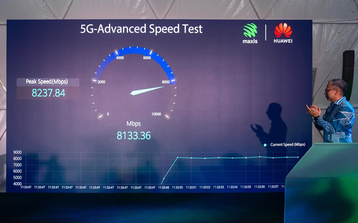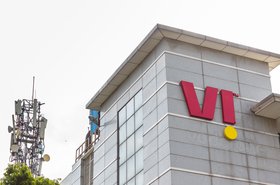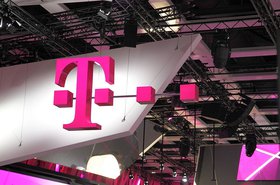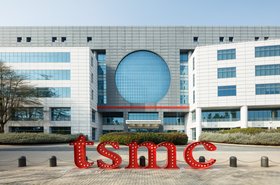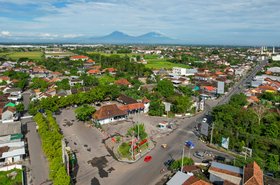Huawei and Malaysian telco Maxis claim to have completed the first 5G-Advanced technology trial in the country and Southeast Asia.
The test, which was carried out last week, featured interactive applications of 5G-Advanced, including low latency live streams of Lumpur city center views, live 3D content, and immersive AR experiences.
Also known as 5.5G, the technology is tipped to deliver faster speeds than standard 5G.
A live speed test held by Huawei demonstrated peak speeds of up to 8Gbps.
For context, Opensignal revealed in a study last year that South Korea has the fastest average 5G download speeds at 432.5Mbps.
"This 5.5G trial demonstrates the potential of Malaysia’s telecommunications sector in contributing meaningfully to advancing our communications connectivity," said Tan Sri Mohamad Salim bin Fateh Din.
"We hope more industry players will pioneer innovative technologies that will help Malaysian enterprises move up the value chain through next-generation commercial and industrial solutions. This will position Malaysia as a front-runner in telecommunications globally."
Malaysia is currently working on a second 5G network, and has previously said it won't rule out working with Huawei for the build-out of this network.
The first network, the Digital Nasional Bhd (DNB), was launched by the previous government as part of a joint network between the country's main telcos and was supported by Ericsson.
After some hesitation, Maxis switched on its 5G service in August after it agreed to join the DNB state-run 5G network in July.
During this year's Mobile World Congress event in Barcelona, Spain, Huawei provided an update on its 5G-Advanced plans, revealing that China Mobile will commercialize the technology this year.
The vendor notes that 5G Advanced will "support digitalization, automation, and the Internet of Things (IoT) across many sectors."
"5G is on the right path to business success," said Li Peng, Huawei corporate senior vice president and president of ICT sales & service.
"5G began commercialization in 2019, and over the past five years, it has already gained 1.5 billion 5G users around the world. It took nine years for 4G to make this happen. Currently, 20 percent of global mobile subscribers are using 5G. These users generate 30 percent of all mobile traffic and contribute to 40 percent of mobile service revenue."

